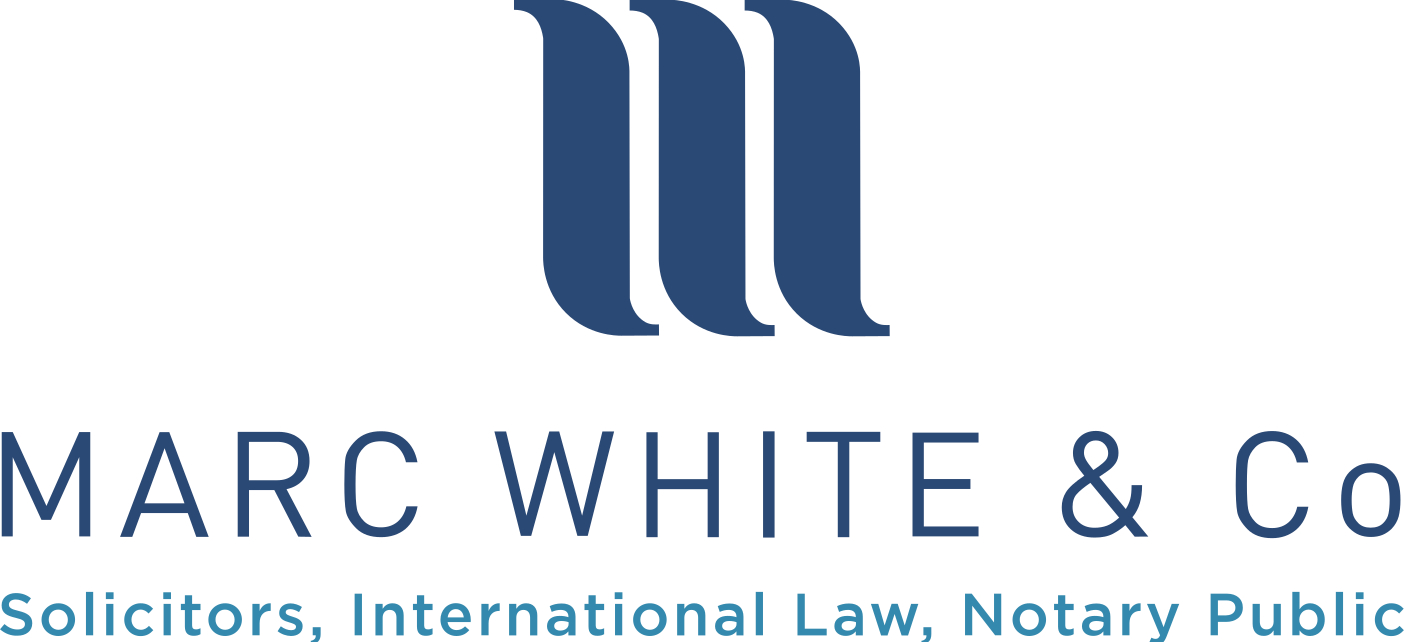Registration of Trusts: How are you affected?
If you’re a trustee, you may need to register your trust online in order to comply with anti-money laundering legislation.
It’s your responsibility to make sure a qualifying trust is registered on time, but you can also discharge your duties by appointing an agent to do it for you.
Does your trust need to be registered?
You must register all UK ‘express’ trusts unless they are specifically excluded by HMRC. An express trust is one that is set up deliberately by the settlor.
Examples of trusts that don’t need to be registered include those that hold money / assets of a UK registered pension scheme, or those that hold life or retirement policies. For the full list of nine typical scenarios, see HMRC’s website.[1]
If you’re a trustee of a non-UK express trust, then you’ll still have to register it if: (i) the trust acquires land or property in the UK, or (ii) at least one trustee is resident in the UK, or (iii) the trust becomes liable for tax on income coming from the UK, or on UK assets.
What do you need to do?
In order to register the trust you’ll need to:
- Apply for a Government Gateway account to obtain a Unique Taxpayer Reference (UTR)
- Input relevant information such as the settlor(s), trustees, beneficiaries and assets.
The link you’ll need is this one: https://www.tax.service.gov.uk/gg/sign-in?continue=/trusts-forms/form/registration-of-a-trust/new
What are the deadlines?
The key date to remember is 1 September 2022. If you register your trust by 1 September 2022, then you can’t go wrong.
But there are a few scenarios in which that deadline is extended.
If it’s a taxable trust, then you have 90 days to register it, starting from the date on which the trust becomes liable for tax. If it’s a non-taxable trust then you have 90 days from its creation date.
If your trust was created before 6 April 2021, then you’ll need to register it by 5 October in the tax year after the one in which the trust starts to receive any income or has capital gains.
How we can help you
If you’re unsure whether or not you need to register your trust, please contact us for advice. Some financial products have ‘Trust’ in their description, such as a ‘Child Trust Fund’, but they’re not really a trust in law. Alternatively, your trust may fall inside one of the specific exclusions.
Please contact us for advice, or for help with the process and we will put you in touch with an accountant who can help.


